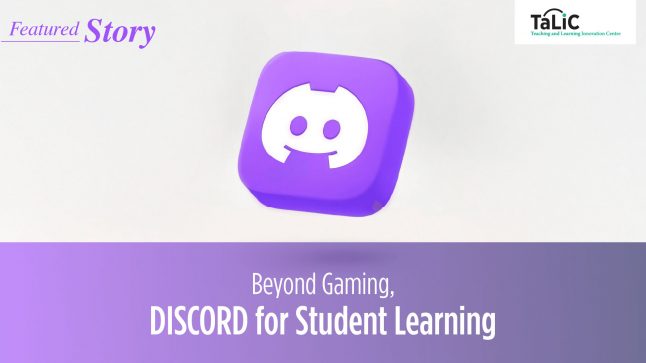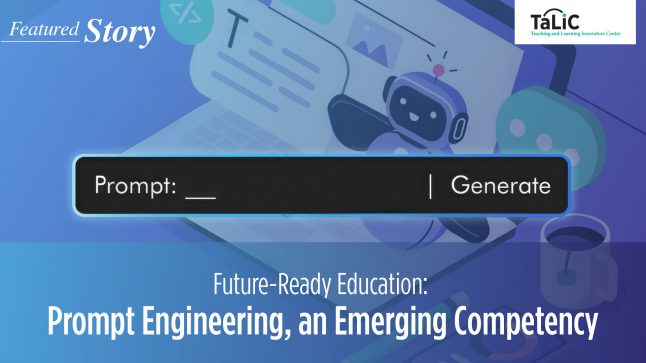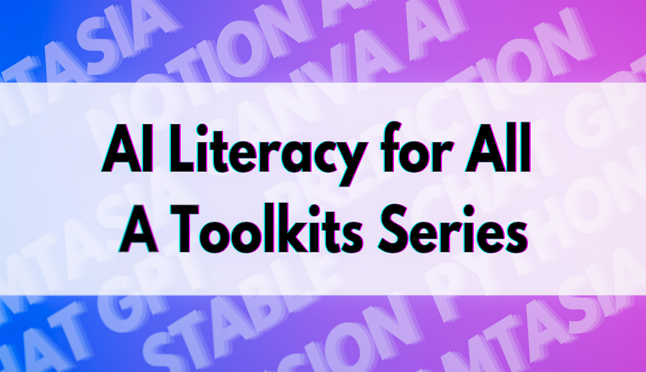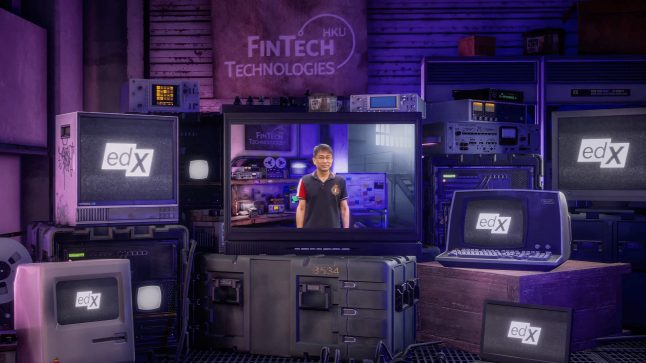
We are happy to share our recent projects in the latest issue of the Convocation Newsletter! Our work would not have been possible without the support of the university, our colleagues and students. Thank you for your support all along!


Both PDF and e-book versions are now available.
In this issue, we showcase our efforts and successes in developing
- Massive Open Online Courses (MOOCs), namely Epidemics, Implant Dentistry, Materials in Oral Health, University Teaching and Dinosaur Ecosystems. These courses received wide acclaim, and exemplifies how knowledge can effectively reach a greater audience outside the University;
- the app Armillary Sphere, for the Common Core course Our Place in the Universe. It combines ancient intelligence with modern technology, and allows learners to gain “hands-on” experience in operating a venerable astronomical instrument virtually.
The app is available on both Apple Store and Google Play Store.
Two Years in a Row
We also made an appearance in the Convocation Newsletter Summer 2016. For the second year in a row, we proudly present the results of our endeavours in e-learning in this publication. We explored the incorporation of pioneering learning strategies, such as blended learning, flipped classrooms and gamification, as well as the positive impacts they bring to the classroom.
We experiment, innovate and inspire. We aspire to continue our catalytic role in enhancing the quality of learning and making teaching at HKU more potent.
Want to catch up on the latest e-learning trends? Follow us on Facebook, Twitter and Instagram. Don’t hesitate to contact us if you are eager to enrich learning with technology!











